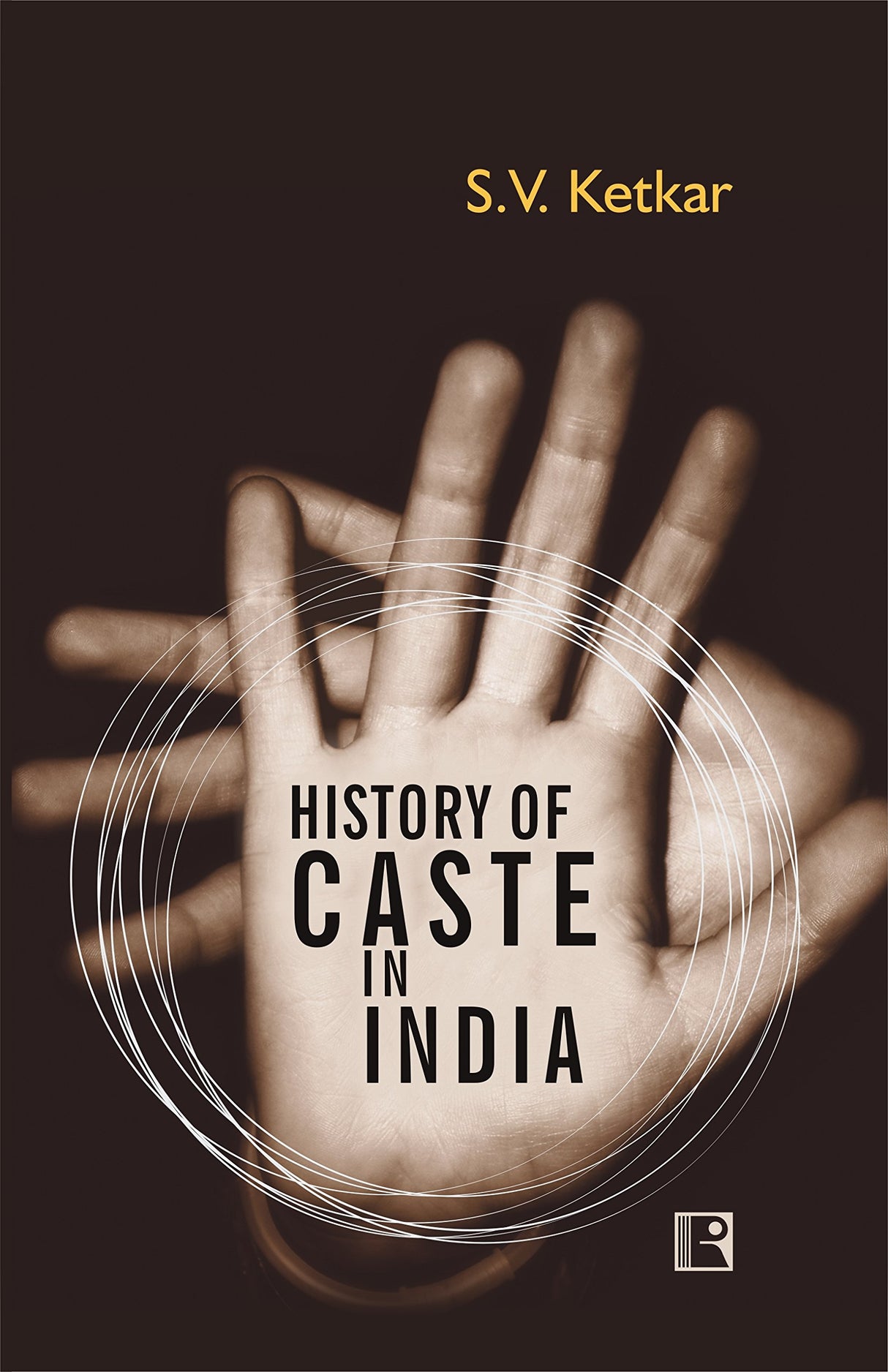HISTORY OF CASTE IN INDIA
HISTORY OF CASTE IN INDIA is backordered and will ship as soon as it is back in stock.
Couldn't load pickup availability
Genuine Products Guarantee
Genuine Products Guarantee
We guarantee 100% genuine products, and if proven otherwise, we will compensate you with 10 times the product's cost.
Delivery and Shipping
Delivery and Shipping
Products are generally ready for dispatch within 1 day and typically reach you in 3 to 5 days.
Book Details
-
Publisher: Rawat Publications
-
Author: S.V. Ketkar
-
Language: English
-
Edition: 2018
-
ISBN: 9788131609743
-
Pages: 214
-
Cover: Hardcover
About the Book
The caste system in India is a complex and perennial subject of study, continuing to fascinate scholars due to its deep-rooted influence on society and culture. While its hold over the Hindu psyche may have lessened, it still exerts a significant impact, even affecting India’s second-largest community, the Muslims. In this insightful book, S.V. Ketkar, a distinguished Hindu scholar, delves into the caste system, exploring its origins, growth, desirability, and the potential for transformation in the modern era.
Ketkar presents a thorough examination of the Laws of Manu and their perspective on caste, offering his interpretations and critical commentary. The author probes the caste system’s definition, theory, and psychology, with particular attention to its historical context in India (250 B.C. to 250 A.D.). He also dissects the concept of caste as presented in the Manava-Dharma-Shastra, examining key terms like Varna and jati, the four Varnas, occupational castes, and the possibility of caste mobility.
The book further explores the philosophy of caste, addressing the various philosophical theories that underpin caste structures, particularly the theory of purity. Discrimination based on caste is also discussed in the context of various social domains, including the court system, taxation, inheritance, marriage, and criminal law. The volume also contains an appendix where Ketkar critiques the radical defects of ethnology, adding another layer of depth to his analysis.
First published in 1909, this work remains highly relevant and valuable for scholars interested in sociology, Indian history, antiquity, Sanskrit literature, and social issues. It also provides an essential perspective for general readers seeking to understand the historical and philosophical underpinnings of caste in India.
Contents
-
Introductory
-
The Caste System
-
History of India, 250 B.C.–250 A.D.
-
The Book Manava-Dharma-Shastra
-
Treatment of Caste by the Book
-
Philosophy of Caste (Varna Order)
-
Discrimination on Account of Varna
About the Author
S.V. Ketkar was a prominent sociologist, historian, novelist, and thinker from Maharashtra. He was educated at Wilson College, Bombay, before moving to the United States in 1906 to pursue a Ph.D. at Cornell University, which he obtained in 1911. Ketkar is best known for his remarkable work in compiling the Marathi Encyclopaedia, a significant contribution to Marathi literature and culture, which earned him widespread recognition.





